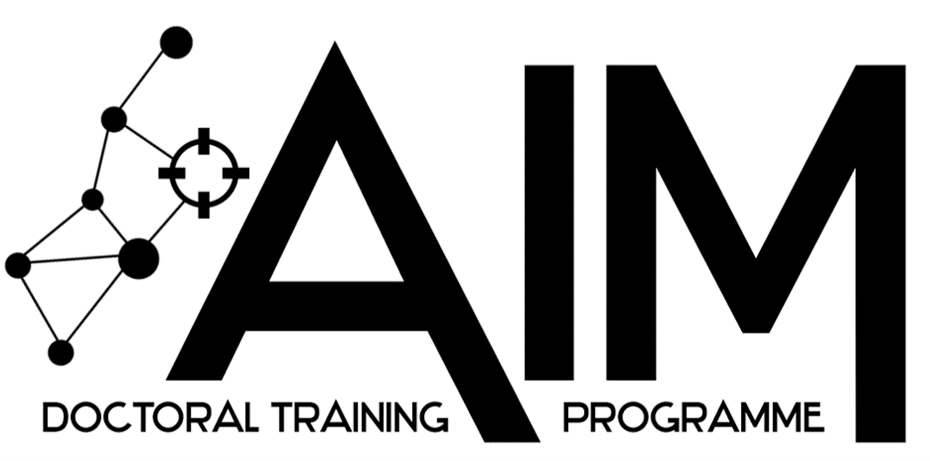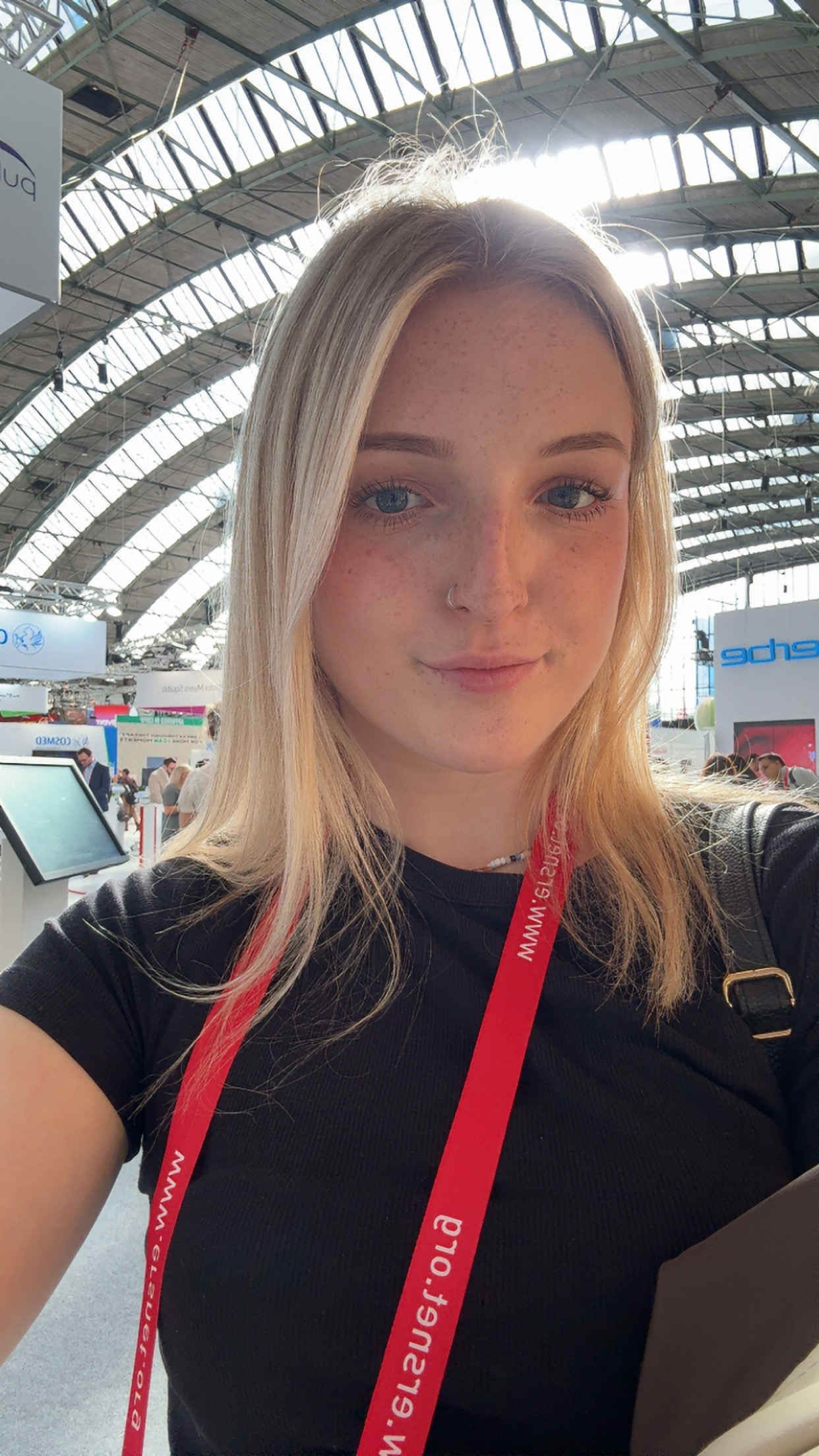
Holly Pedley
2024 AIM cohort
Holly is a PhD student at the University of Nottingham investigating the genetic mechanisms underlying respiratory disease. Her research focuses on the ADAMTS family of genes, specifically ADAMTS1, ADAMTS8, and ADAMTS10 identified through a large-scale genome-wide association study. By exploring how genetic variants in these genes influence their function, Holly aims to uncover mechanisms contributing to lung function decline.
Holly completed her master’s degree in biomedical science at the University of Sheffield before spending a year in industry working in early-stage drug discovery. During this time, she discovered her passion for mechanistic biology and academic research, leading her to join the MRC AIM DTP programme as part of the 2024 cohort. Her PhD project combines her industry experience with her interest in genetics, bridging fundamental biology and translational applications in early-stage drug development.
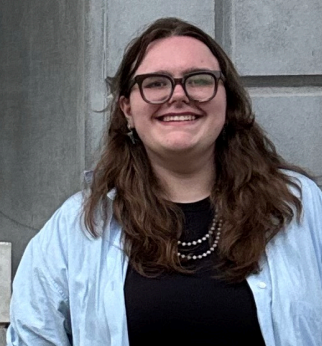
Lucy Evans
2024 AIM cohort
I’m Lucy, a second-year PhD student at the University of Birmingham, researching bacteriophage resistance in Enterococcus. I find bacteriophages to be one of the most incredible things around, and I love exploring and working on them in my project. With antibiotic resistance being such a huge problem, the potential for using phages to treat resistant infections has made phage research even more important, and I get great fulfilment from knowing my work can have a real-world impact. Additionally, as a proud neurodivergent and disabled woman in STEM, I am dedicated to making biology more inclusive and welcoming for future generations of scientists!

Jack Craig
2024 AIM cohort
I initially completed my undergrad in neuroscience at the University of Glasgow before completing a MSc in Computational Neuroscience at the University of Sheffield and briefly working as a research assistant at the University of Nottingham before starting my PhD at university of Birmingham. My education and career so far have been driven by an interest in the inner workings of the mind and related mental health applications. In my PhD, I focus on multimodal emotional processing, currently using MEG to identify neural processes involved in the transfer of emotional information from one sensory modality to another, as well as linguistic analysis as a tool for predicting and monitoring the development of mental health conditions such as psychosis and mood disorders.
While initially set on a career in academia, I am now considering working in industry as an alternative. Recently I have been following developments in research methods that use smart phone data and/or simple neuroimaging devices that allow researchers to gather varied data from large numbers of participants cheaply and without the need for lab facilities or direct supervision and the analysis methods that can use this data to predict, monitor and perhaps even treat mental health conditions remotely.

Man Yin Melanie Ng
2024 AIM cohort
After completing degrees in Biochemistry and Systems Biology, Melanie is now a PhD candidate in the School of Mathematical Sciences at the University of Nottingham, primarily supervised by Prof. Bindi Brook, supported by the MRC AIM funding. Her research sits at the intersection of mathematics, computer science and biomedical research. Through the interdisciplinary approach, she aims to understand more how mechanical forces and dynamics influence structural changes in the airways, to support future progress in treating respiratory diseases.
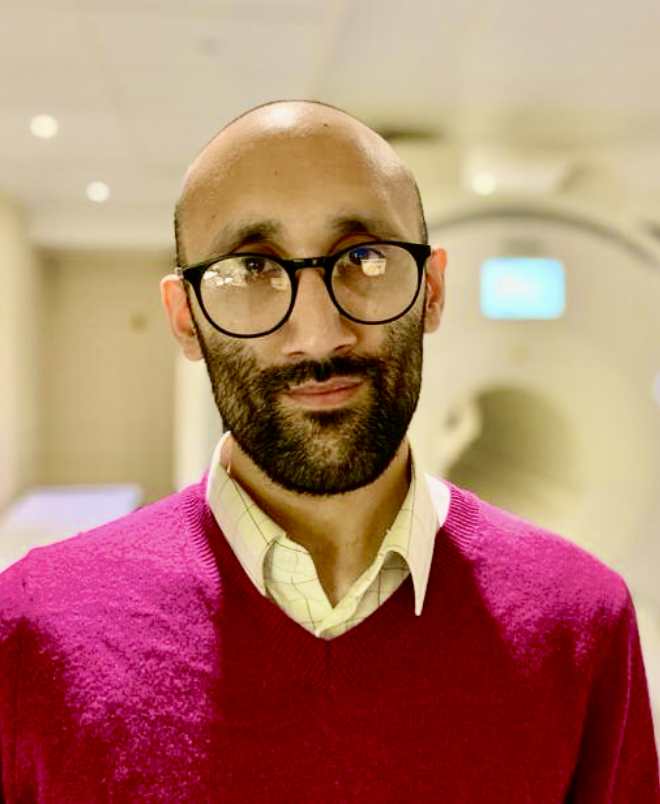
Aamir Sohail
2023 cohort iCASE student
Aamir is a PhD student in Psychology at the University of Birmingham. He is supervised by Dr Lei Zhang and Dr Patricia Lockwood at the University of Birmingham, Professor Mark Haselgrove at the University of Nottingham and Dr Jessica McFadyen at Alena. He holds an MSc in Brain Imaging from the University of Nottingham and a BSc in Biomedical Science from Imperial College London. Prior to starting his PhD, he worked as research and administrative support at the Centre for Integrative Neuroscience and Neurodynamics (CINN) at the University of Reading.
Aamir is interested in using a combination of behavioural tasks, computational modeling, and neuroimaging to understand social decision-making, and using this knowledge to inform the precision-based treatment of mental health disorders. Reflecting this, his PhD aims to use these methods to identify the neurocomputational mechanisms and associated brain regions affecting learning in social anxiety, and in a novel initiative, attempt to alleviate these changes using a mobile app-based cognitive therapy program.
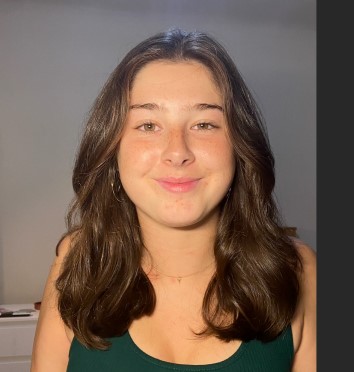
Abbey Hayes
2023 cohort AIM student
Abbie is a PhD student in Cardiovascular Sciences at the University of Birmingham.
Abbie graduated from University of Leicester with a medical physiology BSc, and was lucky enough to get accepted onto the AIM scheme at Birmingham. Her project focuses on how chronic kidney disease and obesity are associated with cardiomyopathies, what changes are observed, and if treating these disorders can reverse problems seen within the heart, structurally or electrically. She will be working with both mice models and clinical data, based in the Institute of Biomedical Research.
In her spare time, Abbie captains and play volleyball for the Women’s 1 team at Birmingham University, and also likes to look at houses online that she can’t afford.
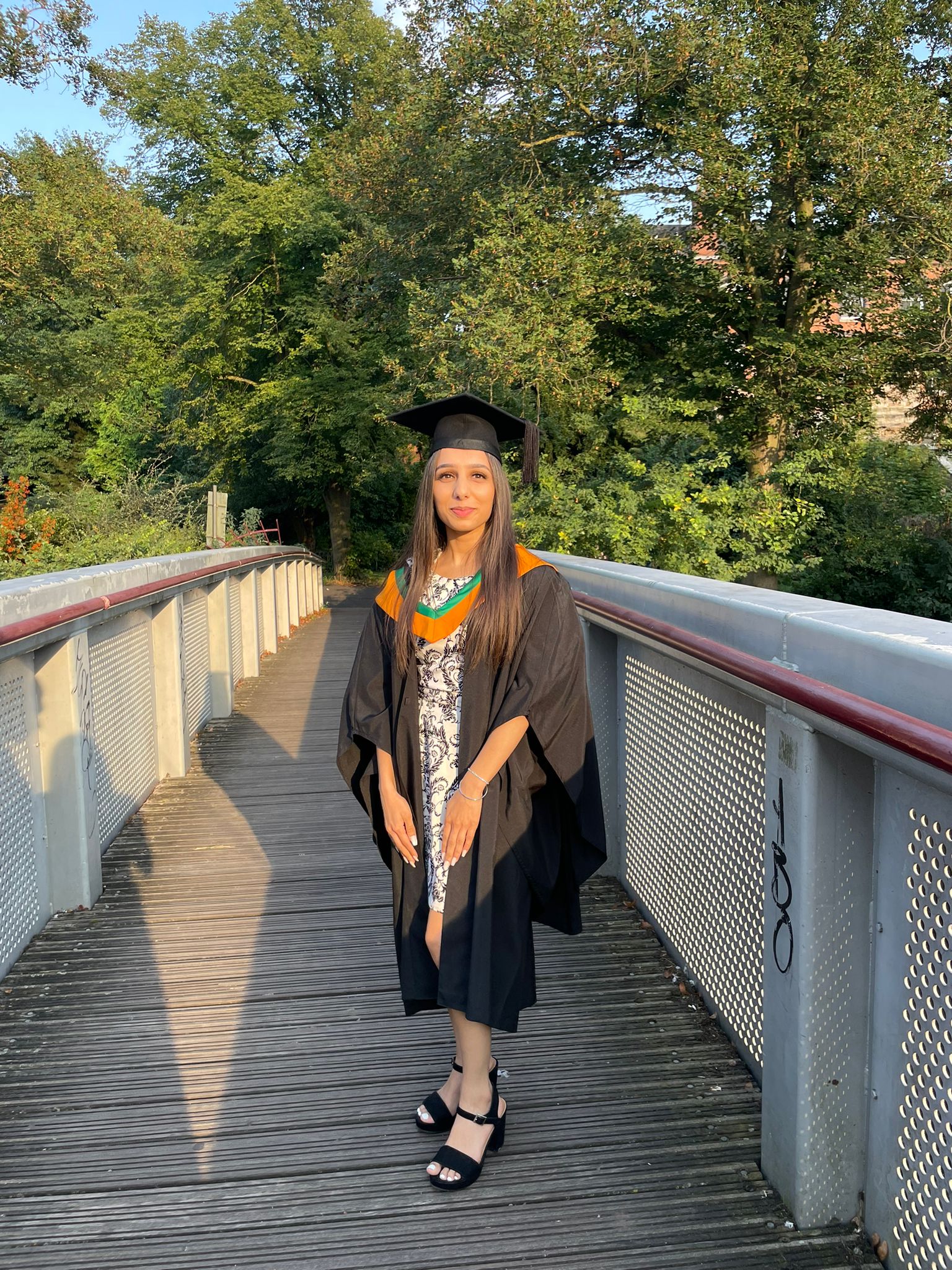
Anita Valand
2023 cohort AIM student
Anita is a student at the University of Nottingham, exploring the role of cell type-specific DNA methylation at the interface between genetics and gene expression in Idiopathic Pulmonary Fibrosis (IPF). Her academic journey includes a BSc in Biomedical Science, complemented by a placement year at Glenfield Hospital’s Clinical Sciences department as a Research Placement Student. Her primary responsibilities involved fibroblast and mast cell tissue culture, along with routine work using centrifuges, spectrophotometers, and microscopes. Eager to contribute to research, Anita is particularly drawn to understanding human physiology, drug actions, and disease mechanisms. The decision to pursue a research career emerged during her placement year, instilling in her not only skills but also motivation and a strong work ethic. Committed to learning and contributing to the research community, Anita aspires to deepen her understanding of IPF and DNA methylation’s impact on gene expression within patient populations.

Arya Ajayakumar
2023 cohort AIM student
Arya, is a dedicated PhD student at the University of Nottingham. Her research employs Time-of-Flight Secondary Ion Mass Spectrometry (ToF-SIMS), a highly sensitive mass spectrometry technique, to detect, comprehend, and target disrupted glycan accumulation in individuals afflicted with Mucopolysaccharidoses.
Prior to this Arya served as a Research Officer at A*STAR Singapore, where her focus encompassed Stem Cells, T-cells, and Glycobiology. Notably, she worked simultaneously with multiple labs and industry partners, adding a dynamic layer to her research experience. This multi-faceted engagement spanned three years and yielded a publication.
Arya’s fascination with the intricacies of the human body’s biology propelled her toward biomedical research. Networking with diverse groups exposed Arya to Glycobiology, aligning with her passion. Her current project delves into the complexities of glycan degradation disorders, aiming to unravel their intricacies and contribute to therapeutic advancements for affected individuals.

2023 cohort AIM student
Yuda finished his general practitioner (GP) training at Universitas Indonesia, Jakarta, with cum laude (distinction). He then studied for a master’s in Immunology and Immunotherapeutic from the University of Nottingham, UK, using a Chevening scholarship. Currently, he is a PhD student in the Department of Immunology and Immunotherapy, University of Birmingham. He is working with Dr Claire Shannon-Lowe’s research group, and his research focuses on investigating the interplay between viruses (Epstein-Barr Virus (EBV) and Human endogenous retrovirus (HERV)) and B-cells in the pathogenesis of multiple sclerosis (MS). His project also collaborates with Dr. R Tarlinton from the One Virology/Wolfson Centre for the Global Virus Research University of Nottingham, Prof. Bruno Gran, and Dr. Radu Tanasescu from the Clinical Neurology Division, Queen’s Medical Centre, University of Nottingham.
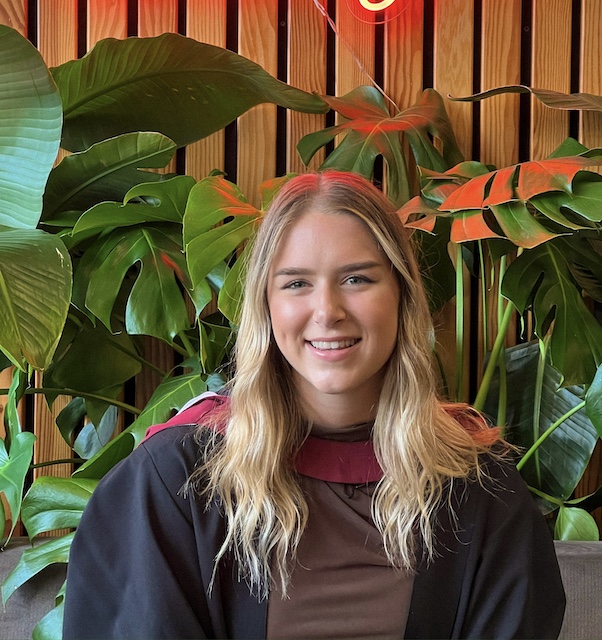
Jessica Hibbert
2023 cohort AIM student
Jessica is a DTP student at the University of Birmingham. She is based in the Department of Metabolism and Systems and am researching how the cell cycle and DNA replication influences stem cell to β-cell differentiation, in the context of β-cell replacement therapy for type 1 diabetes. Jessica has previously completed an integrated masters in Cellular and Molecular Medicine at the University of Bristol, where she completed research projects on antibody responses to SARS-CoV-2 vaccination and CD4 T cells in rheumatoid arthritis. In her spare time, she enjoy volunteering for Diabetes UK, playing netball and baking!
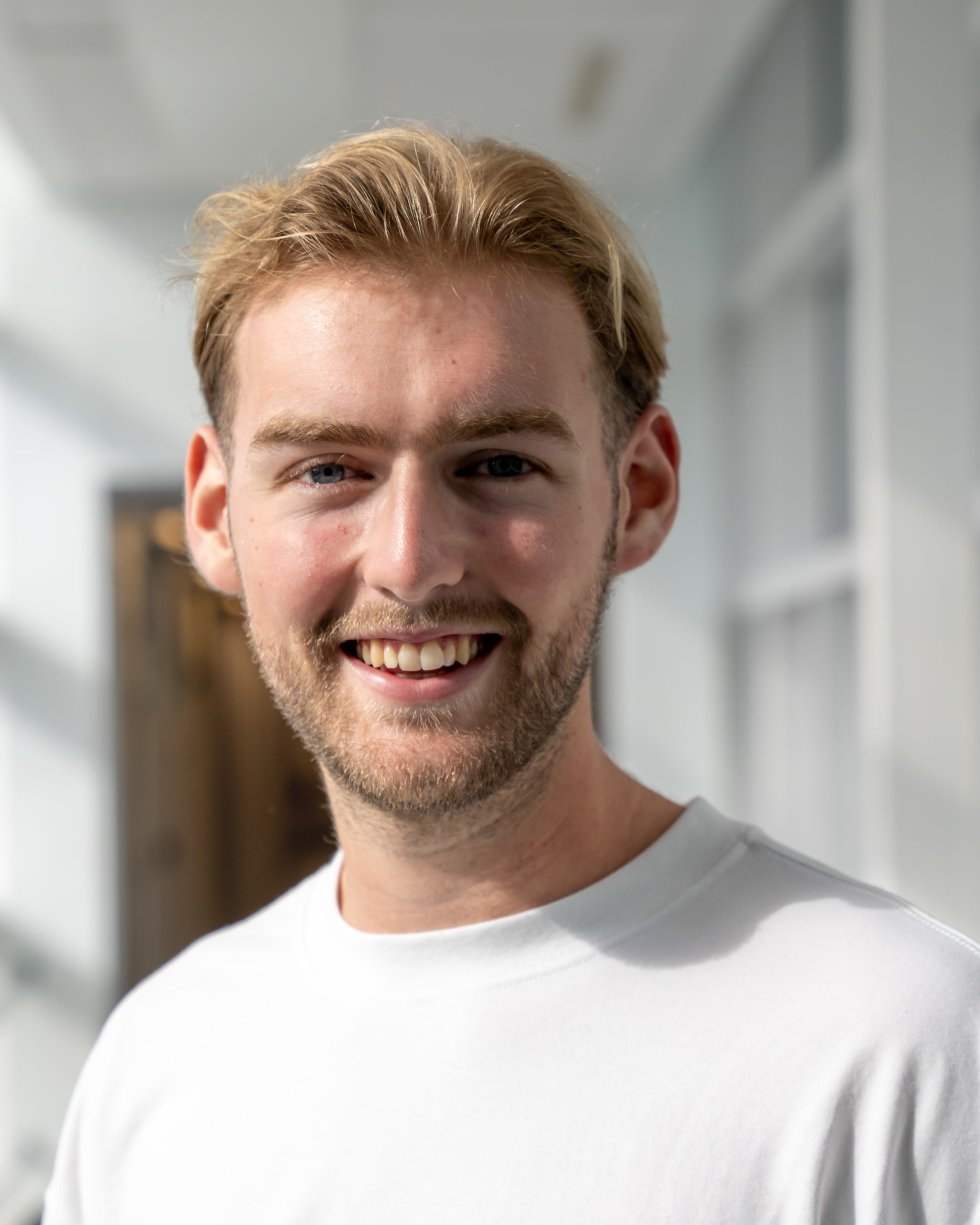
Michael Macleod
2023 cohort iCASE student
Michael is a Sport, Exercise, and Health Sciences graduate from the University of Birmingham. His academic journey thus far has been driven by my interest in optimising human physiology and metabolism through lifestyle (exercise & nutrition) and therapeutic interventions. This led to Michael’s PhD project, based at the University of Birmingham’s Department of Inflammation and Ageing, in which he is looking to investigate the role of adipose-derived extracellular vesicles in impairing skeletal muscle metabolism and function with age and obesity.
Outside of academia, Michael is a keen runner and always like to have an event on the horizon to train for. He also loves being outdoors; and when not doing science, you’ll likely find him cold-plunging in a lake somewhere (although on slightly more relaxed days, a cup of tea and a good book will do nicely).
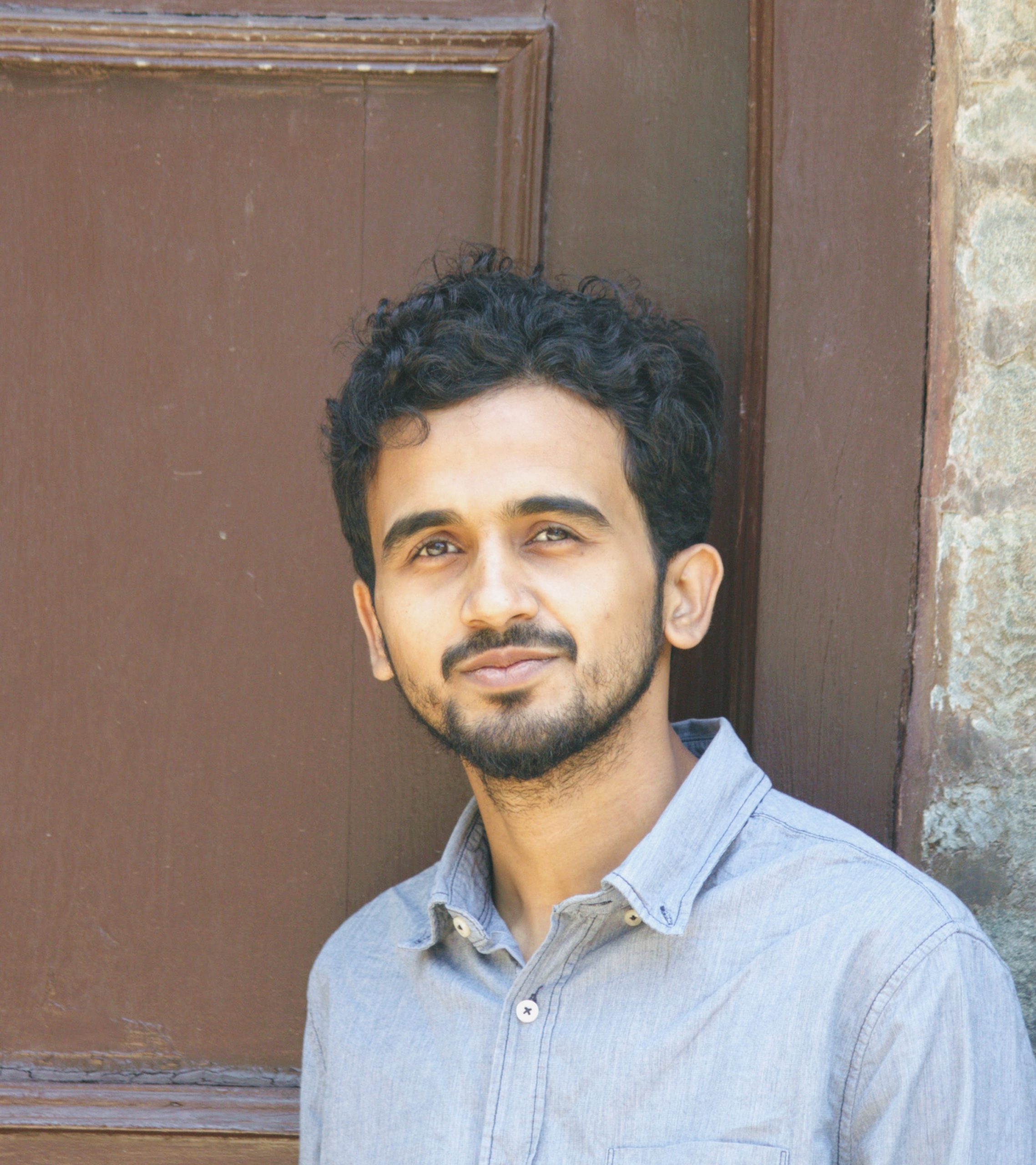
Mohammed Hammad Syed
2023 cohort AIM student
As a first-year student at the University of Leicester under Dr. Mervyn Thomas, I’m immersed in pioneering the development of a clinically relevant zebrafish model to probe retinal development and diseases. My academic voyage spans a Master’s at IISER Mohali, delving into tissue regeneration, and a Bachelor’s in Biochemistry from Aligarh Muslim University, India.
Passionate about translating scientific inquiry into tangible advancements, my research journey converges with the AIM DTP ethos. The program’s emphasis on an inclusive environment and comprehensive training aligns with my aspiration to not just pursue a PhD but to undergo a transformative training experience. AIM’s commitment to fostering a supportive network aligns with my belief in mentorship and collaborative learning for holistic development. I aspire to leverage this platform to amplify my skills, preparing me to make meaningful contributions in research and beyond.

Rita Hira
2023 cohort AIM student
Rita is a PhD student based at the University of Birmingham. Her PhD uses structural imaging (Magnetic Resonance Spectroscopy) to understand impulsivity in conduct disorder. Rita has three years of experience working as both a Research Assistant in a High Secure Hospital (understanding mental health treatment services) and at The Other Lab, City, University of London (researching pro-social behaviours towards people with Personality Disorders). After reading famous studies that changed her perspective on how people worked, Rita decided to be a researcher. Her goal is to help people who have had a difficult start in life or are living with highly stigmatised disorders succeed in life.
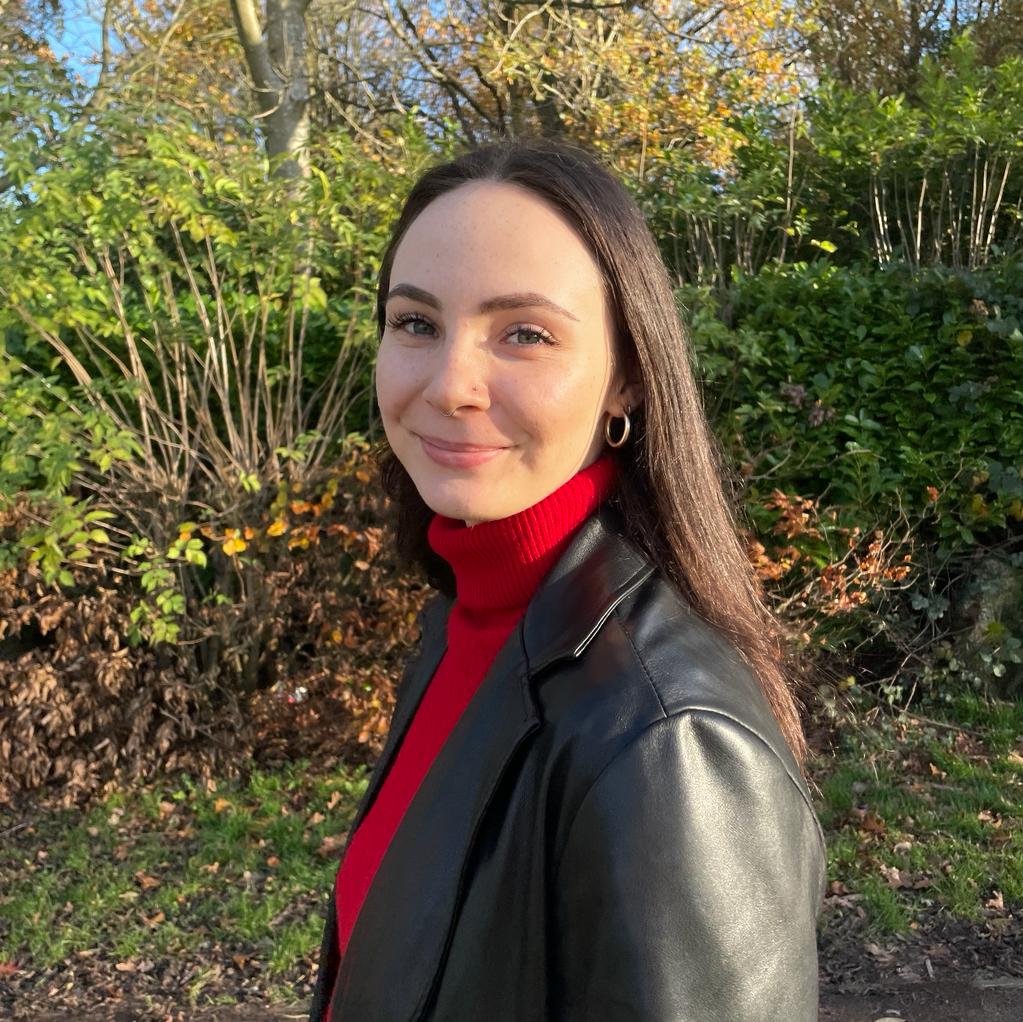
Sophie Rouvray
2023 cohort AIM student
Sophie is a born and raised Brummie who has always had a strong interest in immunology. She graduated from Swansea University in 2021 with a BSc in Applied Medical Sciences, then moved back to Birmingham to study a MSc by Research in Immunology and Immunotherapy in the Bending Lab. This MSc was a 12-month lab-based research course where Sophie studied T cell receptor signalling. Sophie then stayed on for a further year in the Bending Lab as a Research Technician and continued investigating T cell responses while supporting the maintenance of the lab in general. For her MRC AIM PhD project, Sophie has now moved to the Drummond Lab where she is studying cancer immunology, specifically how cholesterol metabolism may impact the pro-inflammatory effects of omental macrophages in metastatic ovarian cancer. When not in the lab, Sophie teaches commercial dance, cuddles her cats, and spends way too much time on TikTok.
Andrew Kinsella
2022 cohort AIM student
Andrew is a PhD student at the University of Leicester investigating the role of bacteriophages in the spread of antimicrobial resistance and virulence genes in Enterococcus spp. Enterococcus is resistant to a wide range of antibiotics and a major cause of hospital-acquired infections. I have successfully isolated over 100 phages from multiple environmental samples against multiple Enterococcus species, including E. faecalis, E. faecium, E. casseliflavus, and E. gallinarum, with several of these phages having been sequenced and are representatives of new genera and species. I am also developing a pipeline to investigate the prevalence of prophages in Enterococcus genomes, and the presence of antimicrobial resistance and virulence genes in these prophages and across different Enterococcus species. The pipeline is currently being run on the 32,000 Enterococcus genomes in GenBank.
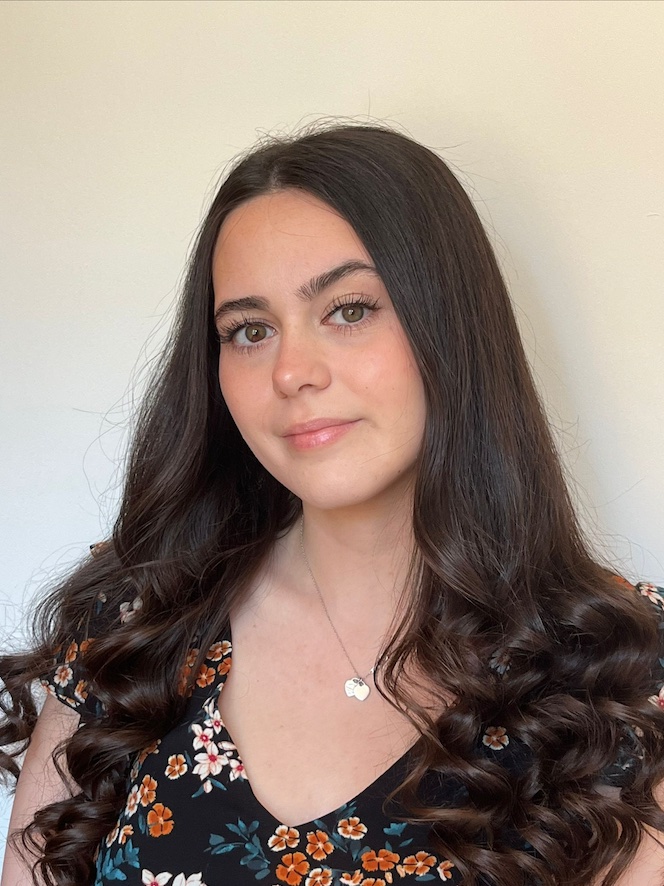
Chloe Clifford
2022 cohort iCASE student
Chloe is an MRC-AIM DTP student from the 2022 cohort, currently studying within the Institute of Mental Health (IMH) at the University of Birmingham. Chloe’s research focuses on investigating neurobiological dysfunction and inflammation in individuals at clinical high-risk for developing a psychotic disorder, under the supervision of Dr Jack Rogers and Professor Rachel Upthegrove. Chloe’s project uses various neuroimaging techniques such as magnetic resonance imaging (MRI), electroencephalography (EEG) and magnetoencephalography (MEG). Chloe is particularly passionate about youth mental health and better characterising and treating individuals that are considered ‘at-risk’ for developing mental illness – to postpone or prevent the onset and maintenance of psychiatric disorders and to further reduce poorer longer-term mental health and functional outcomes.
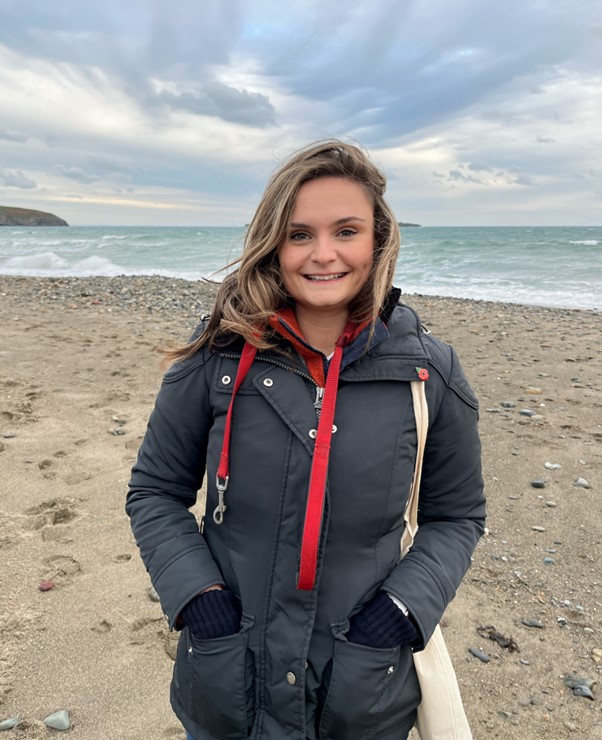
Elizabeth Jinks
2022 cohort AIM student
Lizzy is a MRC AIM DTP student from the 2022 cohort, studying in the Department of Immunology and Immunotherapy at the University of Birmingham.
Her PhD project is focussed on cancer immunology with a particular emphasis on immunometabolism. She is exploring the role of amino acid metabolisms during T cell activation, and how this can be utilised to improve cancer therapeutics.
Having graduated from the University of Leeds in 2017 with an Integrated Masters’ degree (MBiol) in Biological Sciences, Lizzy has had various scientific research roles, spanning both academia and industry, before finally deciding on her career path and pursuing a PhD – it just goes to show it is never too late change course.
In her free time, Lizzy enjoys working out in the gym, running, foreign travel and exploring new places to eat and drink.
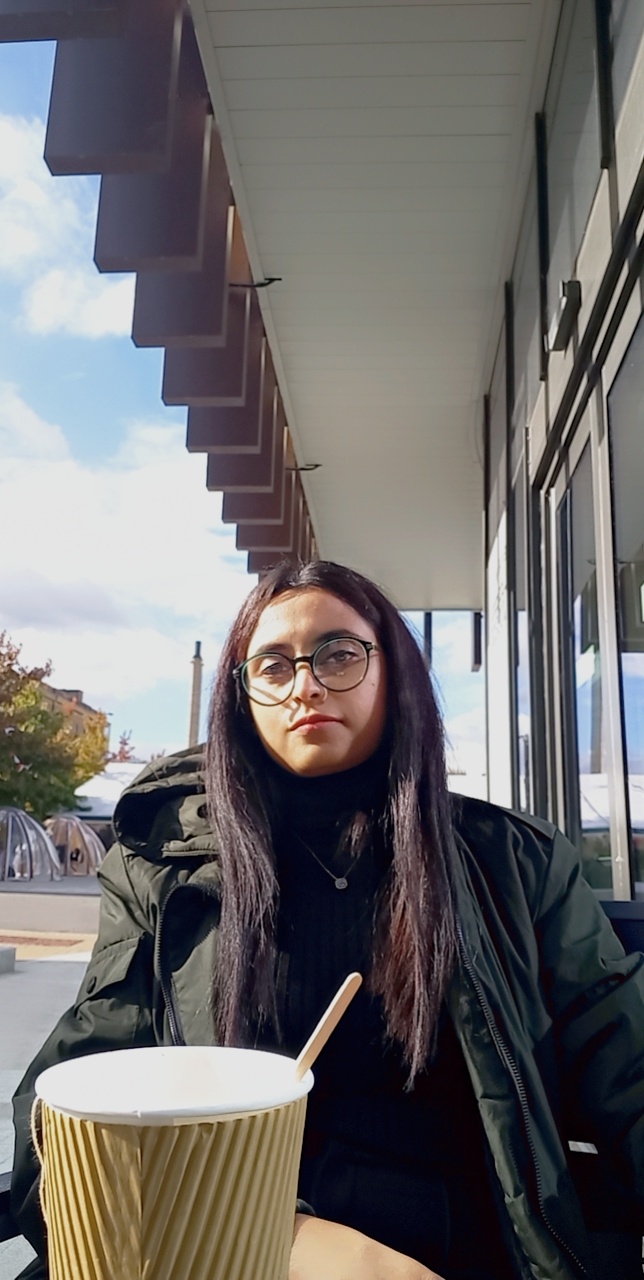
Hadeeqa Raza
2022 cohort AIM student
Hadeeqa graduated from the University of Nottingham with an MS in Biopharmaceutical Biotechnology. Following graduation, she worked as a research assistant at the Cancer Therapeutics Lab, LUMS, Pakistan. She is now an MRC-AIM PhD student at University of Leicester and co-supervised by Aneika Leney. Her project aims to use native mass spectrometry guided optimisation of new small-molecule stabilisers, specifically, of 14-3-3 proteins. 14‐3‐3 proteins are highly conserved and interact with key players. Dysregulation of 14-3-3 interactions are prevalent in different diseases especially in cancers and neurodegenerative disorders. Stabilizing the 14-3-3 and its interactions might provide an effective strategy in disease prevention. Outside of the lab Hadeeqa enjoys hiking, climbing and travelling.
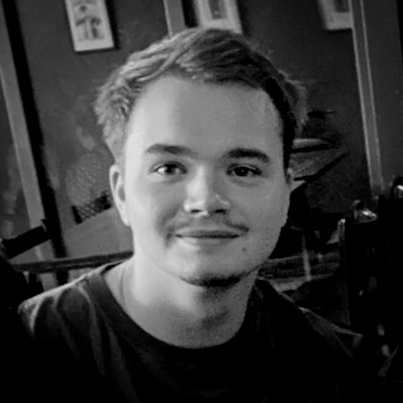
Kelsey Hipwell
2022 cohort AIM student
In 2022, Kelsey began his PhD in Molecular and Cell biology at the University of Leicester working in Prof. Daniel Panne’s lab. Kelsey currently focus on chromosomal dynamics and the intricate ways in which chromosomal cohesion of DNA by cohesin is maintained and released in mitosis. Following the completion of his master’s degree at Leicester in Cancer Cell and Molecular biology, my interest for how chromosomal cohesion defects result in critical diseases (such as cancer) developed whilst doing my research project in the Panne lab. Throughout my PhD so far, I have developed advanced skills in protein biophysical methods, structural biology, structural predictions using AlphaFold, cell culturing and aim to develop my skills in Cryo-EM further.
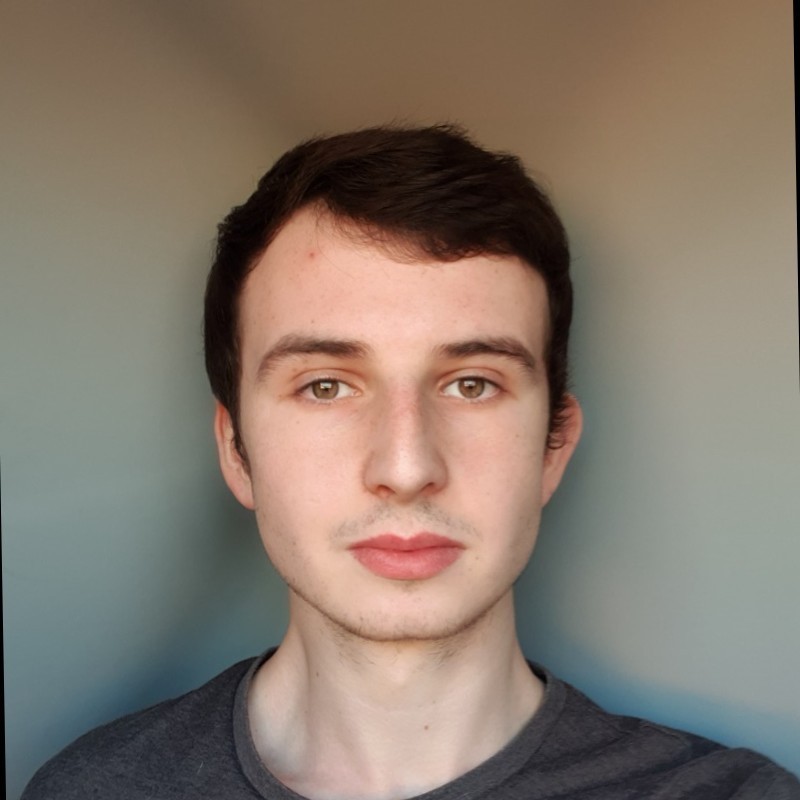
Leighton Blake-Greaney
2022 cohort AIM student
Leighton is based at the University of Leicester. His project is focussed on investigating the importance of copper resistance in Staphylococcus aureus skin infections, and then targeting this copper resistance using novel antimicrobials. So far, it’s been a journey filled with lots of twists and turns, but it’s moving forward!
Outside of his PhD, Leighton enjoys going to the gym, bouldering, and going out with friends. In fact, the MRC AIM DTP has played a big role in developing connections and making memories within the cohort, so Leighton sees many of the same people frequently.
Overall, Leighton is having a great time and is excited for what’s to come!”
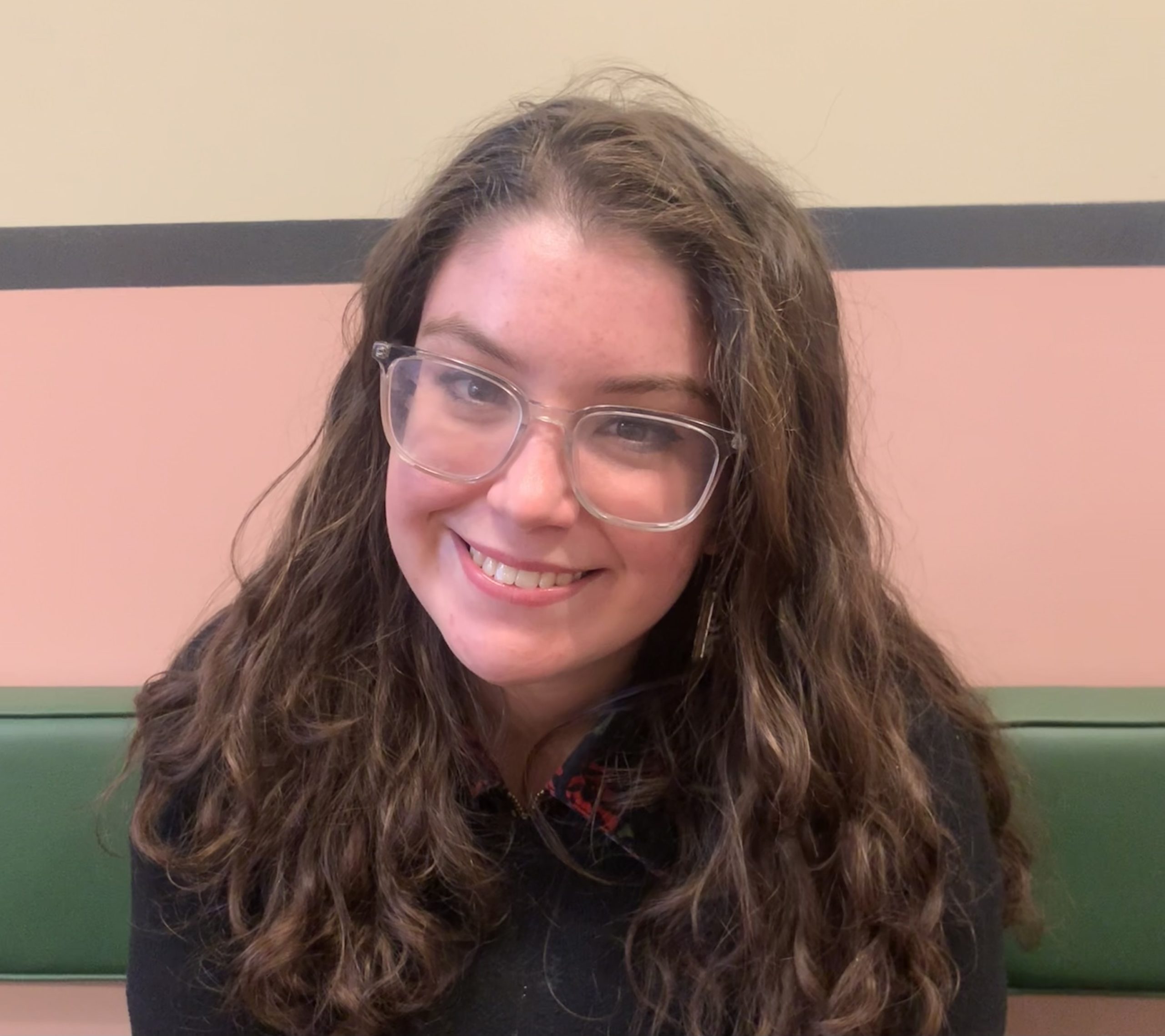
Mae Sherrin
2022 cohort AIM student
Mae is PhD student within the Calebiro lab in the University of Birmingham. Prior to her PhD she completed her undergraduate degree (BSc) in Biochemistry at the University of Manchester and her research masters (MScR) in Biomedical science at the University of Edinburgh. Her research focusses on metabolite-sensing GPCRs expressed in adipose tissue, specifically the role of GPCRs at intracellular sites on lipolysis utilising proximity labelling techniques, high-res microscopy and live cell imaging. She is also a PGR representative for the Institute of Metabolism and Systems Research (IMSR) and is a member of the Centre of Membrane Proteins and Receptors (COMPARE) Team Science committee.
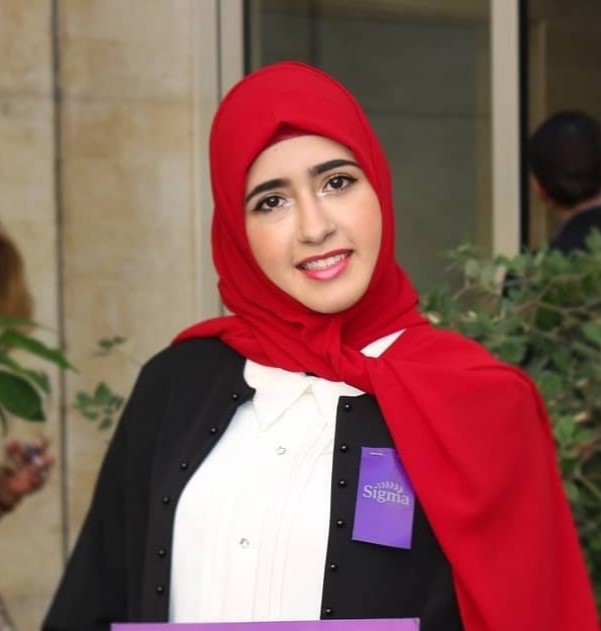
Maya Noureddine
2022 cohort AIM student
Maya is an international PhD student at the University of Birmingham. Her research focuses on cardiovascular sciences. Prior to this, she completed two master’s degrees from Arizona State University and the American University of Beirut. Throughout the start of her PhD program, Maya feels the MRC-AIM-DTP team has been incredibly supportive, assisting her from the initial application to the UK, through her arrival, and the commencement of the programme. The training experience has been phenomenal, and she has immensely benefited from the workshops organized by the DTP team. Recently, Maya was fortunate to receive additional funding, enabling her to pursue an exceptional training opportunity at the MRC Research Complex at Harwell. Maya is deeply grateful for the unwavering support provided by the team.
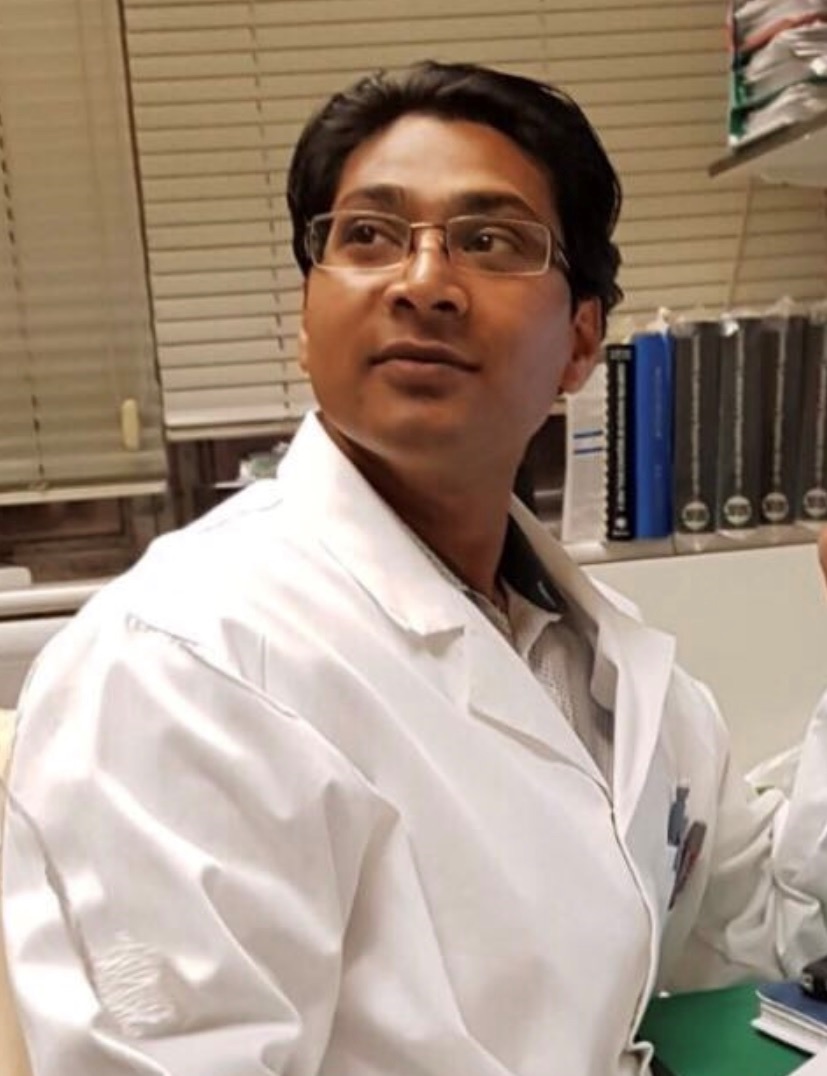
Ravinder Bhardwaj
2022 cohort iCASE student
Ravinder is a PhD student in the Department of Cardiovascular Sciences, University of Birmingham. He is keen on learning about human cell surface receptors, particularly G-protein coupled receptors. He is working on a multidisciplinary and cross-institutional project investigating the molecular and structural impact of rare GPCR genetic variants in patients with impaired haemostasis. On the MRC-AIM DTP, he is getting a great learning experience in advanced scientific and interpersonal skills for my overall development as a future leader in scientific research.
Ravinder’s education and career path has been diverse. His first degree was in Pharmacy, and he did a dual master’s in Medical Mycology, and Biosciences & Drug Design. Before starting his PhD, Ravinder worked in Research Assistant/Technician positions for a few years.
Ravinder love socialising, staying active, and enjoying outdoor and indoor games.

Sakaorna Jeyanathan
2022 cohort AIM student
Sakaorna is a University of Nottingham PhD student who is interested in evaluating targeted Magnetic Resonance Imaging (MRI) contrast agents to image biomarkers related to brain injury in pre-clinical rodent models. Her background is in Neuroscience, where she completed her masters project investigating G-protein coupled receptors as a suitable target for Schizophrenia and Parkinson’s Disease. She followed on to working at the University of Birmingham as a research assistant in molecular pharmacology. Towards the end of 2023 she embarked on an internship funded by the MRC AIM DTP programme in Singapore, working on projects based on policy and programs in healthcare. Sakaorna aspires to continue with independent research in neurodegenerative disease, focusing on preventative treatments and diagnostic tools.
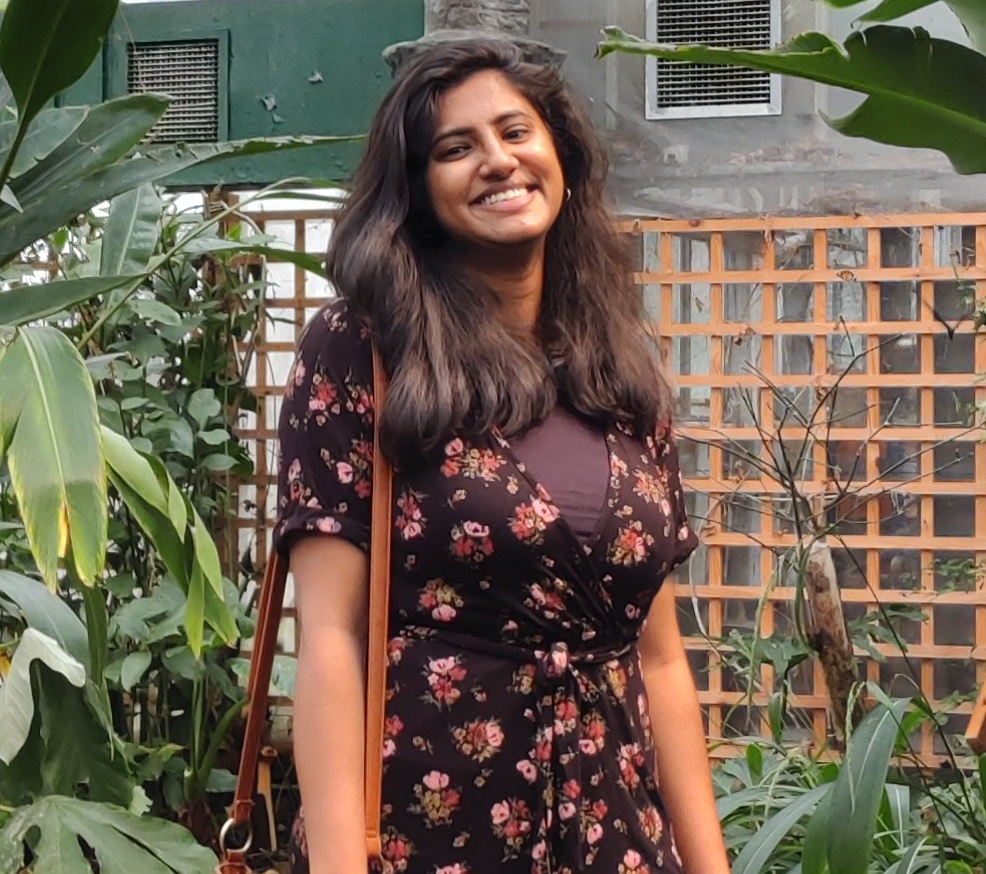
Samna Sagadevan
2022 cohort iCASE student
Samna is an MRC AIM iCASE PhD researcher based at the Biodiscovery Institute (BDI), University of Nottingham. Her research is focused on advancing in-vitro patient-derived 3D organoid culture techniques to elucidate the intricacies of the tumour microenvironment in colorectal cancer. The objective of Samna’s work is to decipher the complexities of the microenvironment and its impact on drug response. Engaging in cutting-edge research at the confluence of biology and technology, she is committed to providing valuable insights that may significantly shape the future of cancer treatment strategies. Outside of her academic pursuits, Samna enjoy drawing and making art. It helps her strike a good balance between thinking analytically and expressing my creativity.
